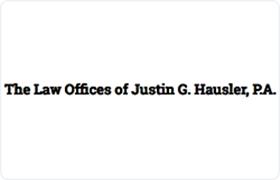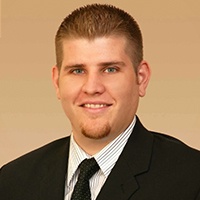Leesburg Criminal Lawyer, Florida
Sponsored Law Firm
-
 x
x

Click For More Info:
-
The Law Offices of Justin G. Hausler, P.A.
5570 South US Highway 17-92 Casselberry, FL 32707» view mapCriminal Defense Because Your Case Matters
As a Former Prosecutor, Justin G. Hausler has a wealth of jury trial experience and offers representation regarding all misdemeanor and felony charges.
407-617-1064
Timothy David Lucero
✓ VERIFIEDAccident & Injury, Criminal, Estate
Timothy Lucero is a practicing lawyer in the state of Florida.
FREE CONSULTATION
CONTACTJody Lynn Fisher
Federal Appellate Practice, Family Law, Criminal, Civil Rights
Status: In Good Standing
James Edward Cardona
Immigration, Family Law, Criminal, Personal Injury
Status: In Good Standing Licensed: 18 Years
Jeffrey Walter Wiggs
Family Law, Divorce & Family Law, Criminal
Status: In Good Standing Licensed: 36 Years
 Justin Hausler Casselberry, FL
Justin Hausler Casselberry, FL AboutThe Law Offices of Justin G. Hausler, P.A.
AboutThe Law Offices of Justin G. Hausler, P.A. Practice AreasExpertise
Practice AreasExpertise

